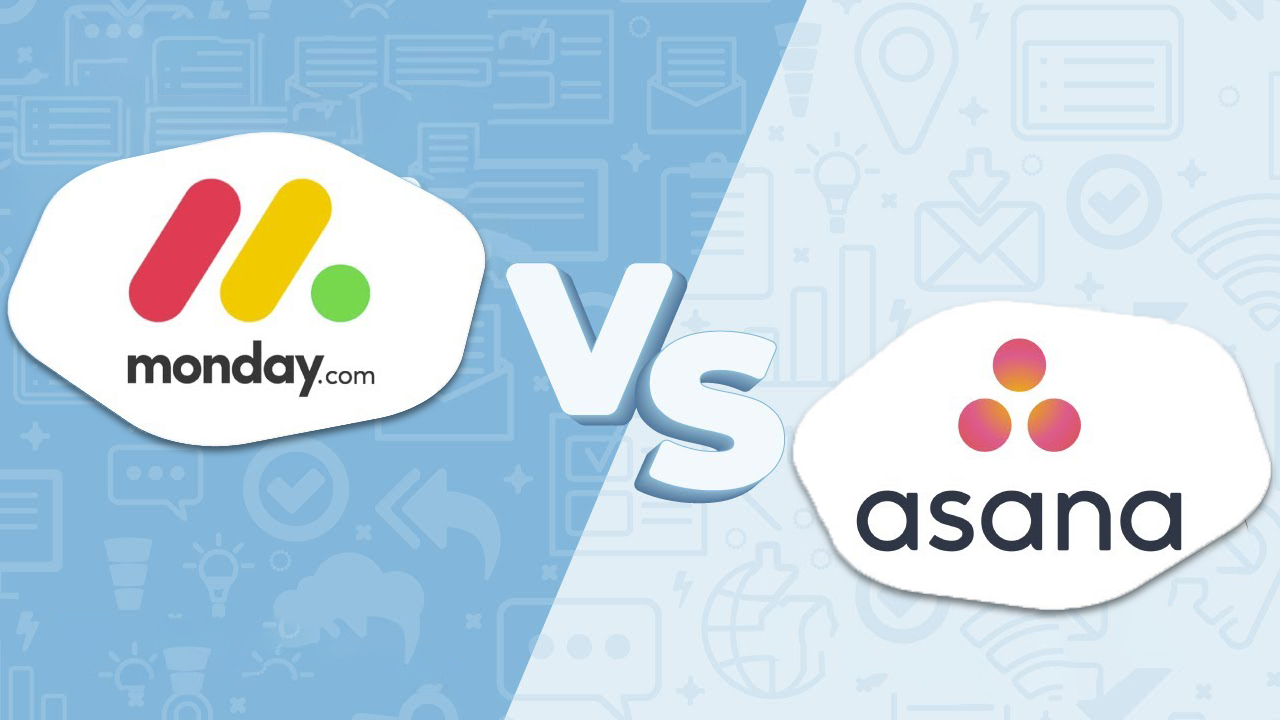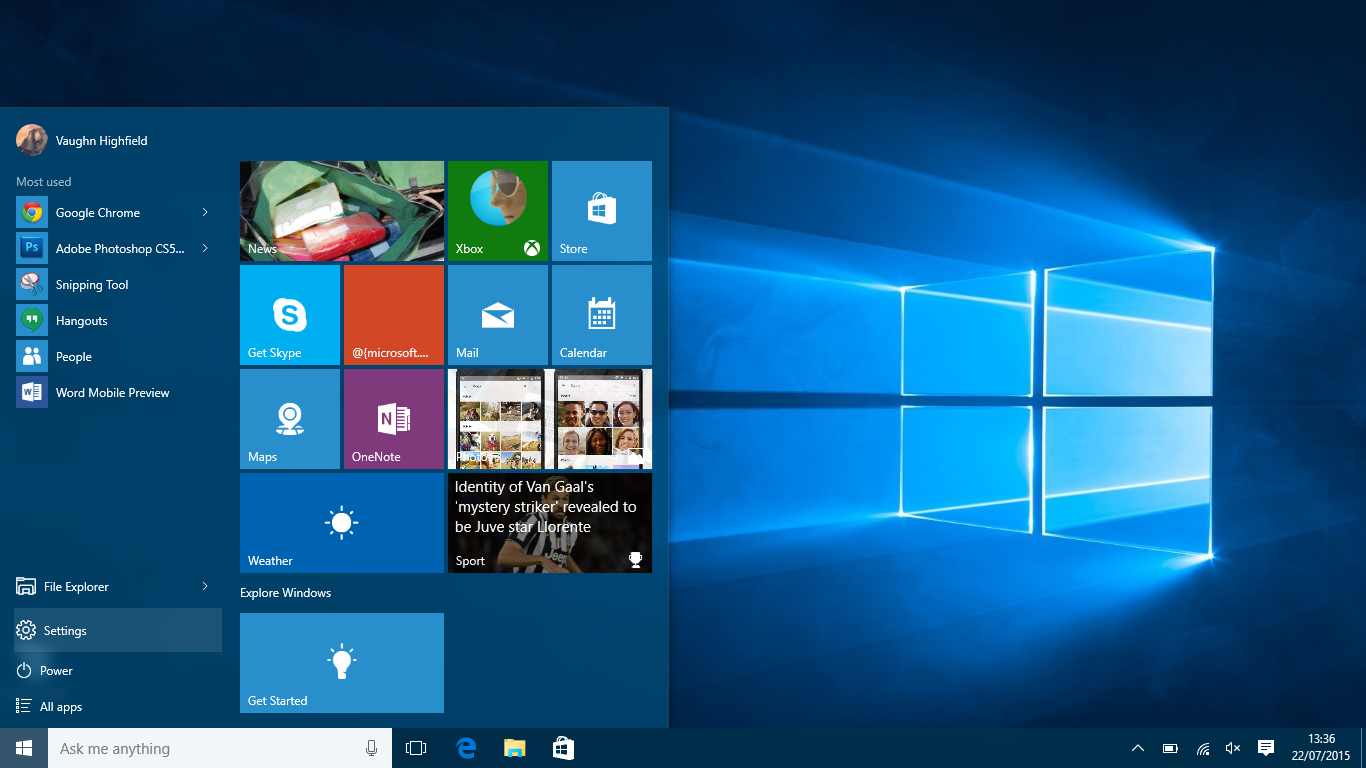If you own a small business, you’ll know how demanding running errands can be. You need to keep track of many things to ensure everything runs smoothly. Fall behind or lose focus, and it may cost you time and money.
Managing a small business may seem easy to the uninitiated. However, a lot happens behind the scenes. Fortunately, many solutions help you keep all those tasks and projects in one place.
In this article, we’ve rounded-up the best project management software solutions to assist you in running your small business.
The Best Project Management Software for Small Business
Our list of the best project management tools focuses solely on the software that makes the best solution for managing small businesses. The apps and programs on the list should provide you with the following features:
- Task management
- Resource management
- Flexible viewing
- Team collaboration
- Easy to use
- Integrative
We also considered the price range, offering you software choices with the best bang for your buck. Many of these solutions offer free plans that include essential features.
Zoho
Zoho Projects does offer a number of features that can make it a compelling choice for many small businesses. Here are several reasons why Zoho might be a strong candidate:
- Comprehensive Project Management Features: Zoho Projects offers a wide array of features like task management, time tracking, project planning and coordination, Gantt charts, document management, and bug tracking. These features can help small businesses keep their projects well-organized and running smoothly.
- Affordability: For small businesses that are sensitive to costs, Zoho Projects offers a variety of pricing plans, including a free tier and reasonably-priced options for more advanced features. This affordability can make it easier for small businesses to access a robust project management tool.
- Integration: Zoho Projects can be integrated with other Zoho apps like Zoho CRM, Zoho Invoice, and Zoho Docs, providing an all-in-one solution for businesses already using these tools. Additionally, it can be integrated with other popular apps like Google Workspace, Microsoft Office 365, and Slack, which can be beneficial for businesses already using these services.
- Scalability: As a small business grows, its project management needs will likely grow as well. Zoho Projects can scale to meet these growing needs, offering more advanced features and capabilities as a business expands.
- Ease of Use: Zoho Projects is generally known for its user-friendly interface, which can help reduce the learning curve for team members who are new to project management software.
- Customer Support: Zoho offers a range of support options, including email support, live chat, and a comprehensive knowledge base. This can be especially helpful for small businesses that may not have a dedicated IT team.
Asana
Asana made our list since it offers all the essential project management tools . It’s easy to use with an intuitive user interface. Feature-rich, it’s an excellent fit for small businesses that need a simple management tool without sacrificing on functionality.

If you need to organize your work and projects efficiently, Asana is the way to go. It offers many features you can customize according to the needs of your business. Assemble your work into shared projects, break work into easily manageable chunks or create subtasks to navigate the workload efficiently. Great collaborative features are another strong point of this tool, allowing you to share project data easily.
This software has received mostly positive user reviews. Stats show that Asana has made teams 1.45 times more efficient. More than half of users claim that it helps them get more work done.
Asana has a free plan which includes essential project management features like messaging, activity logs, multiple project views, and file storage. However, if you manage basic projects, you’ll need more than 15 users to stay on the free plan forever.
Asana is a money-smart investment due to its competitive pricing. It offers you a versatile set of features for a modest fee, so businesses with any budget can easily afford it.
Sprints
Agile work methodology is a must in today’s ever-changing business landscape. Project management tools like Sprints help businesses of all sizes embrace uncertainties and adapt to change quickly. Sprint is an excellent new-generation tool for managing a small business due to its alternative approach to organization.

Sprints embrace the Agile approach and simplify project management by focusing on collaborative work and cross-functionality. It enables distributed teams to brainstorm and work together from remote places and devices, providing a high level of project collaboration.
Teams can visualize elements of project activities to have a clear overview of the all aspects of the project. The project feed feature emulates social media and lets members post status updates, which provides quick feedback from the team.
Agile businesses are known for continuous improvement, and Sprints offers many features that increase transparency and productivity, generating value. These features include collaborative project feed, generating reports and stats, and tracking project goals.
The dashboard feature allows you to see your project from a bird’s eye point of view, giving you the bigger picture of your project. One of the best features Sprints offers for small businesses is seamless integration. It allows you to connect it with other apps from the suite or integrate with third-party software.
This tool offers a forever-free plan which allows you to manage three projects at a time. If your workload’s more extensive, you can contact the developer team to book a pricing plan consultation and request a personalized demo.
Trello
Trello is our top choice when it comes to user-friendliness. This tool uses drag-and-drop boards to navigate tasks and is the easiest to use on this list. It’s a perfect choice for small businesses that don’t need advanced project management tools. Trello offers the essentials, making it an ideal solution for simple projects.

Despite the focus on simplifying the user experience, Trello offers some excellent work management features. Team collaboration is just one of them, and Trello provides a wide range of tools.
It has excellent automation tools that make coordinating the workflow efficient. Its automation bot, Butler, does all the work for you, setting up the desired actions and commands in the program. Moreover, you can automatically set up due-date alerts, notify team members or move task cards across the columns.
Small businesses love Trello because of the app’s extensive functionality. Use the Power-Up feature to integrate it with apps like Slack, Zoom, Microsoft Teams, or Google Drive. You can enhance Trello’s functionality inside the app via Power-Ups for analytics, reporting, file management, communication, and more.
Trello has a powerful mobile app that allows you to manage projects on the go. The app features everything the desktop version has and provides a valuable platform for operating small businesses efficiently. Trello offers a free-forever plan which offers ten boards per team. The price stays reasonable if you need an upgrade, as the paid plan is just $5 per user.
monday.com
The visual approach to project management makes monday.com stand out from the competition. Collaboration and having a clear overview of the projects drive its efficiency. This tool is suitable for businesses of all sizes due to its simple but rich user interface.

The defining quality of monday.com is an emphasis on the visual concept of project management. It uses a bright color scheme to visually organize the project details, like task views and progress. Monday.com simplifies delegating tasks, integrating, and tracking projects by providing intuitive and adaptable dashboards. Users often compare its layout design with Excel spreadsheets, with some additional organizational features.
Collaboration improves when using monday.com. This tool offers features ranging from detailed project planning and economical workflow management to resource allocation and time coordination. Agile project management is at the core of this tool’s functionality and provides the perfect platform for team collaboration.
Monday.com is a flexible platform for simple and complex projects. You can customize this tool according to your business needs. Columns are one of the best features of monday.com, and you can use them to sort data by numbers, people, text, team, ratings, and more.
It is reasonably priced considering the features it provides. Prices vary by team size, making it perfect for small business needs. Currently, monday.com’s fees are $39/month to $1599/month, billed annually.
TeamGantt
Another great option on this list is TeamGantt. This cloud-based project management software uses Gantt charts to streamline management tasks.

Gantt charts provide a simultaneous overview of all parts of the project. You can view and trace every element with a timeline design. This feature allows project managers and teams to see essential details regarding multitasking and prioritizing tasks. You can share and edit these charts, which facilitates efficient collaboration.
It’s a top choice for small businesses that require a tool that’s intuitive and easy to navigate. TeamGantt is perfect for teams that want to improve their time management skills, avoid delays and enhance efficiency.
TeamGantt displays versatile views, including a list of tasks, a calendar view, or a kanban-style board. This tool offers a clear overview of the complete project and helps you manage assignments, deadlines, and resources efficiently and systematically.
TeamGantt has a free trial plan which is also available for personal projects. It has a specific pricing plan that requires managers to pay for use while remaining free for the rest of the team.
Stay on Top of Your Game
Ensuring that your small business performs well is mandatory for its longevity. You must ensure that everyone involved in the project has a clear picture of the assigned task and its completion date.
Using any project management apps from this list will save you from going back and forth with management tasks. Instead of disorganization, you can put the project details in the app and share them with the team.
Have you ever used project management software? Which solution was most helpful in managing a small business? Tell us in the comments below.
Disclaimer: Some pages on this site may include an affiliate link. This does not effect our editorial in any way.







